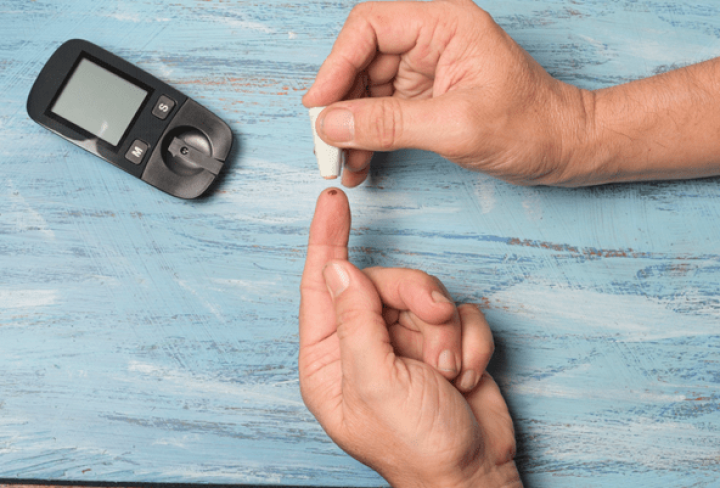Type 2 diabetes is a common condition that affects how your body handles blood sugar (glucose). This condition can lead to serious health problems if not managed well, but with the right care, you can live a healthy life.
What is Type 2 Diabetes?
In Type 2 diabetes, your body either becomes resistant to insulin or doesn’t produce enough of it. Insulin is a hormone that helps control blood sugar levels. When your body can’t use insulin properly, your blood sugar levels rise, which can cause damage to your organs over time.
What Causes Type 2 Diabetes?
Several factors increase your chances of developing Type 2 diabetes:
- Family History: If someone in your family has diabetes, you are at higher risk.
- Age: The risk increases as you get older, especially after 45.
- Weight: Being overweight, especially around the belly, increases your risk.
- Lack of Exercise: Not staying active can make your body resistant to insulin.
- Poor Diet: A diet high in processed foods, sugar, and unhealthy fats can raise your risk.
Signs of Type 2 Diabetes
Type 2 diabetes can develop slowly, and symptoms might not be obvious. Common signs include:
- Feeling very thirsty and needing to urinate often
- Losing weight without trying
- Feeling tired all the time
- Blurred vision
- Sores or infections that take longer to heal
- Numbness or tingling in your hands or feet
If you notice any of these symptoms, it’s important to see a doctor.
How is Type 2 Diabetes Diagnosed?
We offer tests to check if you have Type 2 diabetes. These tests include:
- A blood test to check your glucose levels after fasting
- An oral glucose test to see how your body handles sugar
- A test called HbA1c, which measures your average blood sugar levels over the past 2-3 months
Managing Type 2 Diabetes
While Type 2 diabetes is a lifelong condition, you can manage it with the right care. Here’s how:
1. Eat Healthily
A balanced diet is key. Focus on eating:
- Whole grains, vegetables, and fruits
- Lean meats and fish
- Healthy fats like nuts and olive oil
- Avoid sugary foods and processed snacks
2. Exercise Regularly
Exercise helps keep blood sugar levels in control. Aim for at least 30 minutes of moderate exercise most days, like walking or swimming.
3. Take Medication
In some cases, medication may be needed to help control your blood sugar. Your doctor will guide you on the best treatment.
4. Monitor Your Blood Sugar
Checking your blood sugar regularly helps you see how your diet, exercise, and medication are working.
Possible Complications
If left untreated, Type 2 diabetes can lead to:
- Heart disease or stroke
- Kidney problems
- Nerve damage
- Eye problems
By managing your diabetes, you can reduce the risk of these issues.
Why Choose Sai Medcity Hospital?
At Sai Medcity Hospital, we offer personalized care for people with Type 2 diabetes. Our team of doctors, dietitians, and specialists will work with you to create a plan that helps you manage your condition and stay healthy.
If you have concerns about diabetes or want to learn more, contact us today. We are here to help you live well with diabetes.


